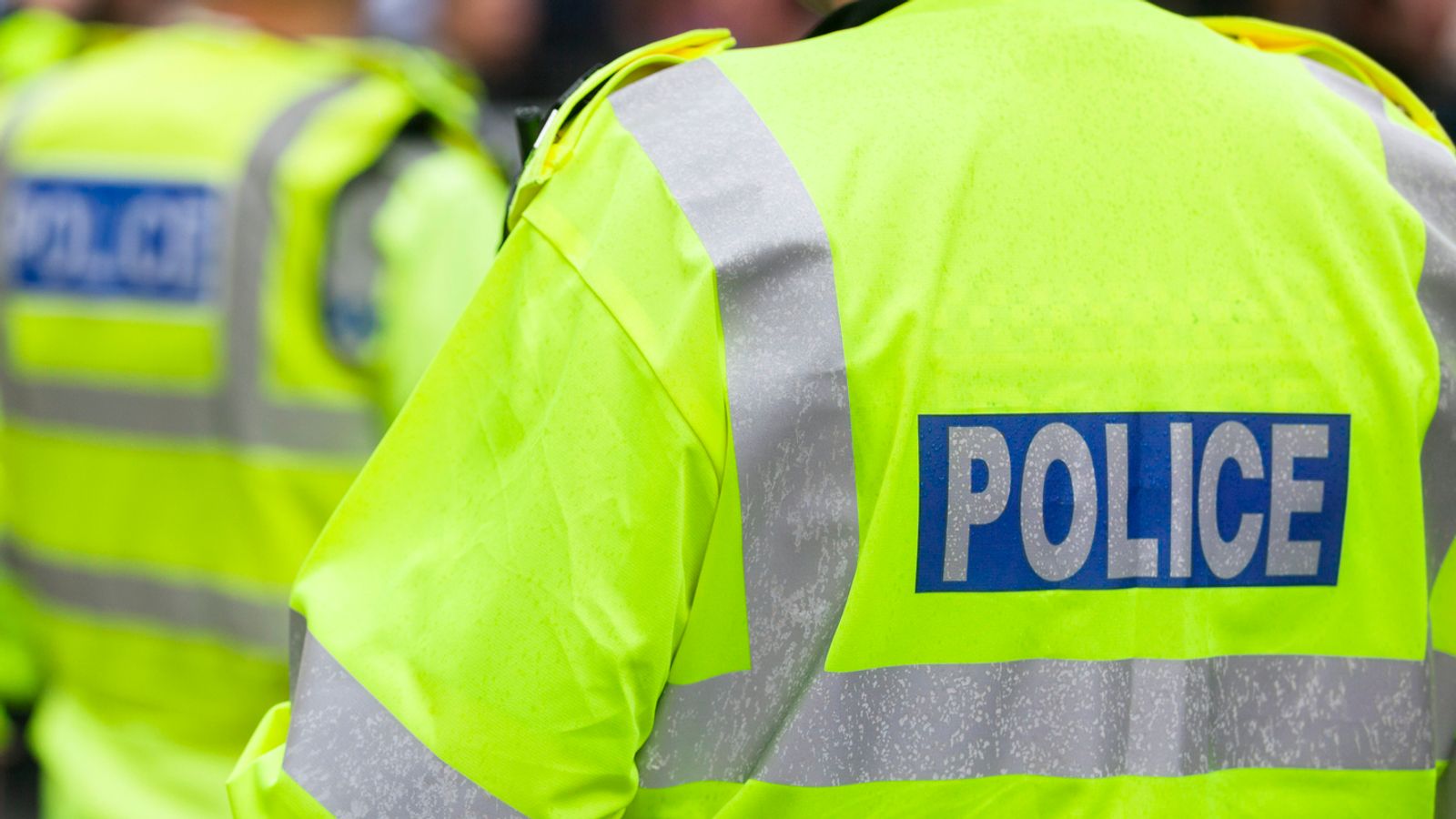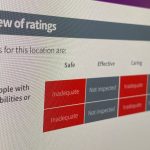A senior police chief has warned of the damaging effect distrust in British policing in black communities is having on the effectiveness of law enforcement as he vowed to bring about change.
Martin Hewitt said trust and confidence in policing is 20% lower among the black population compared with the average, and highlighted the need to boost the number of black recruits in police forces.
In his first interview on race since the Black Lives Matter protests which spread across the world last summer, the chair of the National Police Chiefs Council (NPCC) told the Guardian he wanted to change “generations of history” between police and black communities.
He said: “The reason it is important is because all of that takes you to the legitimacy of us, as a service.
“Our policing style is based on legitimacy and our legitimacy is based on trust and confidence of all of the communities.
“It is a fact that the trust and confidence levels within the black community are 20%, or thereabouts, lower than the white communities, and that [has] impacted on the trust and confidence for us to do what we do as a service.”
He said it is “only with that trust and confidence” in the police that people come forward and report crime and engage with officers – which could result in “young black men and women saying I’m prepared to go and become a police officer”.
British police have been heavily criticised for their disproportionate use of powers, such as stop and search and use of force, on black and ethnic minority people.
In a report last month, Her Majesty’s Inspectorate of Constabulary and Fire and Rescue Services (HMICFRS) warned that police risk losing the trust of the communities they serve.
The inspectorate said data from 2019/20 showed ethnic minority people were over four times more likely to be stopped and searched than white people, and that black people specifically were nearly nine times more likely.
Following the death of George Floyd in the US last year – which sparked global protests against police brutality towards black people – the NPCC said it would develop a plan of action to address racial inequalities in policing.
It said an independent scrutiny and oversight board would be established with members “who can draw on a range of experiences to challenge and scrutinise us”.
Mr Hewitt said the final action plan would await the approval of the chair of the new scrutiny board, who would be recruited from outside policing.
He said the idea to make change is “not about political correctness” or “wokeism” – a term that refers to a perceived awareness of issues that concern social justice and racial justice.
“This is about legitimate policing. Legitimate policing has to be legitimate for all the communities, and that includes the black community,” he added.






















